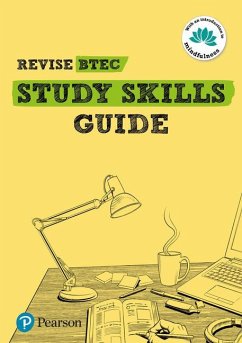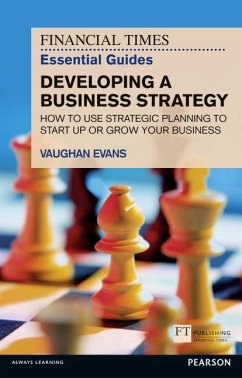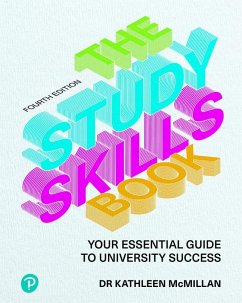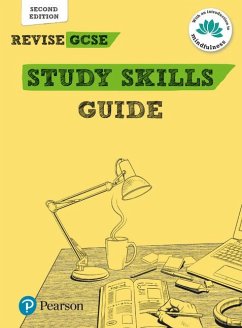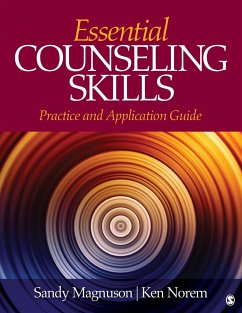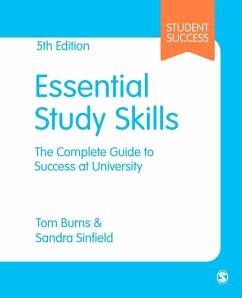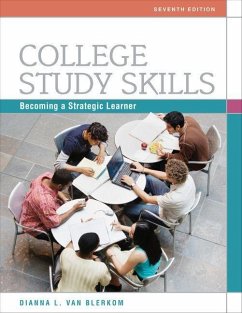Nicht lieferbar
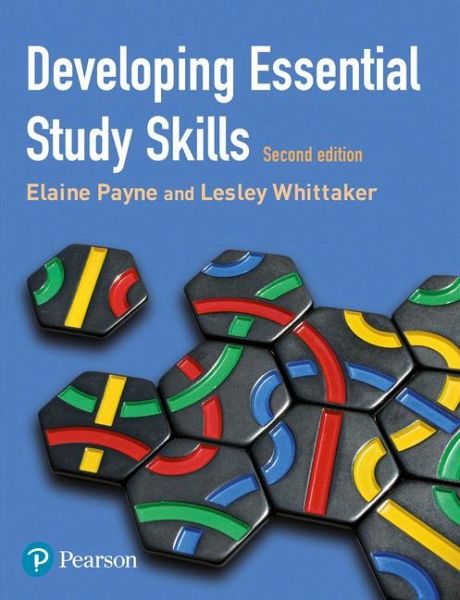
Developing Essential Study Skills
Versandkostenfrei!
Nicht lieferbar
Meant for students starting university, this book and accompanying Online Resources present the skills needed to cope with the expectations of study at a Higher Education level. It is aimed at helping you become an independent learner. It concentrates on the trends towards self-learning and takes an 'active learning' approach within the text.




